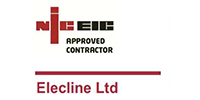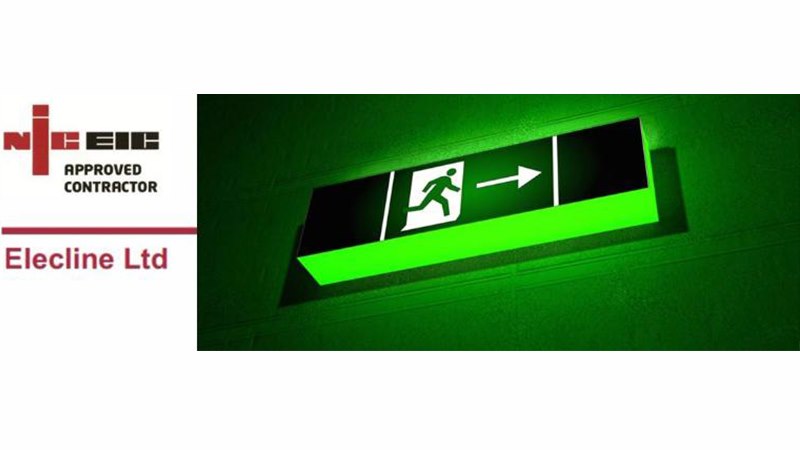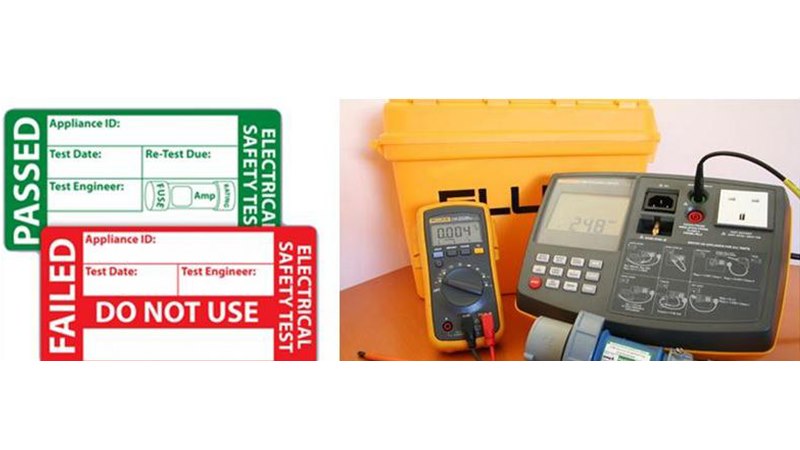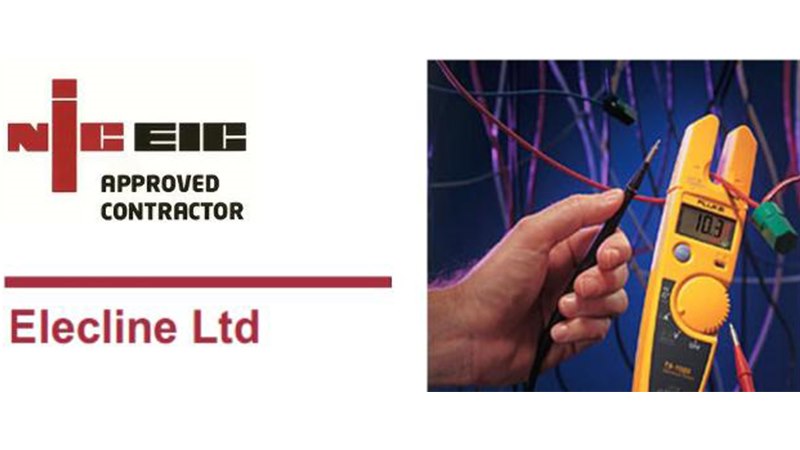Telephone
Click to view
Mobile
Click to view
Website
Contact
Mr Roy Angelou
Email
Address
21 Wetheral Drive
Stanmore
Middlesex
Harrow
HA7 2HQ
England UK
About Elecline Ltd
We are a modern efficient company using the highest quality materials. All work carried out is tested and guaranteed to the latest BS 7671 standards, we are of course fully insured and NICEIC registered.
Services
There is no travelling or call out charge, for local customers:
- Inspection, Testing And Certification
- Electrical Installation Condition Reports
- Emergency Call Out
- Fault Finding
- Installation And Rewires / Upgrades
- Data Cabling And Containment
- Part P Notification
- Portable Appliance Testing
- Full Scope Part P Registered
- Full Public Liability Insurance
- CRB Checked Enhanced
- Professional And Friendly Service
- 12 Month Warranty With All Work
Fixed wire electrical testing to BS7671
Amendment 3: 2015 BS7671: 2008
The new amendments for the regulations are now in force
Elecline Ltd is registered with the NICEIC. As an approved contractor, we use the latest online NICEIC certification for the reports, which can then be printed or emailed to the client. The report comes complete with a full schedule of the circuits tested.
DPN6. Domestic Electrical Installation Condition Report for Landlords & New Home Owners
IPN4. Electrical Installation Condition Report. For commercial buildings factories and schools
All electrical installations should be periodically inspected and tested, whether they are domestic or commercial.This is because of wear, tear and damage that can arise. In commercial premises, the employer has a duty of care to ensure that the integrity of all electrical installations are in a safe condition. This is a statutory regulation in the “Electricity at Work Regulations 1989” and can be used against an employer in a court of law. The BS 7671 17th Edition book is a guide on how installations should be installed & maintained. Testing methods & procedures are outlined in the IEE Guidance Note 3 book.
PAT Testing
Portable appliance testing or PAT Testing is the process of checking electrical appliances for safety through a series of visual inspections and electronic tests.
Why do I need to have my appliances tested?
The best way of ensuring that your appliances are safe is to have a PAT test carried out on them. This is a good way for site managers to ensure that they are meeting their legal obligations to maintain high standards of electrical safety in their premises
What does it involve?
To establish the safety and suitability of your electrical appliances, the competent person will carry out a visual inspection of the appliance, its plug and lead. For Class I equipment they will also inject test signals into the cable and appliance to ensure their integrity.
Who should do the work?
Electrical work must only be carried out by people who have the necessary knowledge, skill and experience needed to avoid danger to themselves and others.
What will I receive?
Upon completion of the inspection and testing you should receive a report that details the following as a minimum:
- A report containing each appliance, location, and identification number
- A set of test results for each appliance tested
- A full list of any failed items with an explanation of their failure
- A visible pass or fail label on each appliance detailing the inspection date, next test due, and the inspector’s initials
Emergency Lighting Test
The following minimum inspections and tests shall be carried out at the intervals recommended below. The regulating authority may require specific tests.
Daily emergency lighting inspection (only for central back-up systems)
This check only applies to emergency lighting systems with one central back-up battery system. In this case, there is a daily visual inspection of indicators on the central power supply to identify that the system is operational. No test of operation is required. This test does not apply to emergency lighting with self-contained back-up batteries in each unit (standard emergency lighting).
Monthly emergency lighting tests
All emergency lighting systems must be tested monthly. The test is a short functional test in accordance with BS EN 50172:2004 / BS 5266-8:2004.
The period of simulated failure should be sufficient for the purpose of this test while minimizing damage to the system components, e.g. lamps. During this period, all luminaries and signs shall be checked to ensure that they are present, clean and functioning correctly.
Annually
A test for the full rated duration of the emergency lights (e.g. 3 hours) must be carried out. The emergency lights must still be working at the end of this test.
The result must be recorded and, if failures are detected, these must be remedied as soon as possible.
 UK
UK Ireland
Ireland Scotland
Scotland London
London














